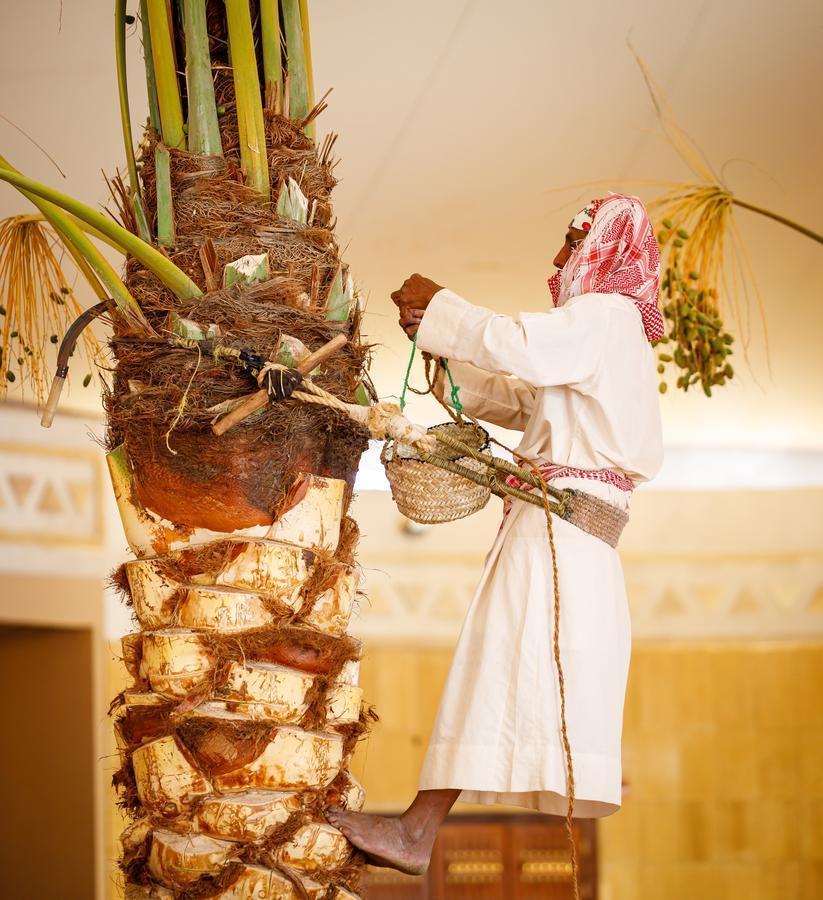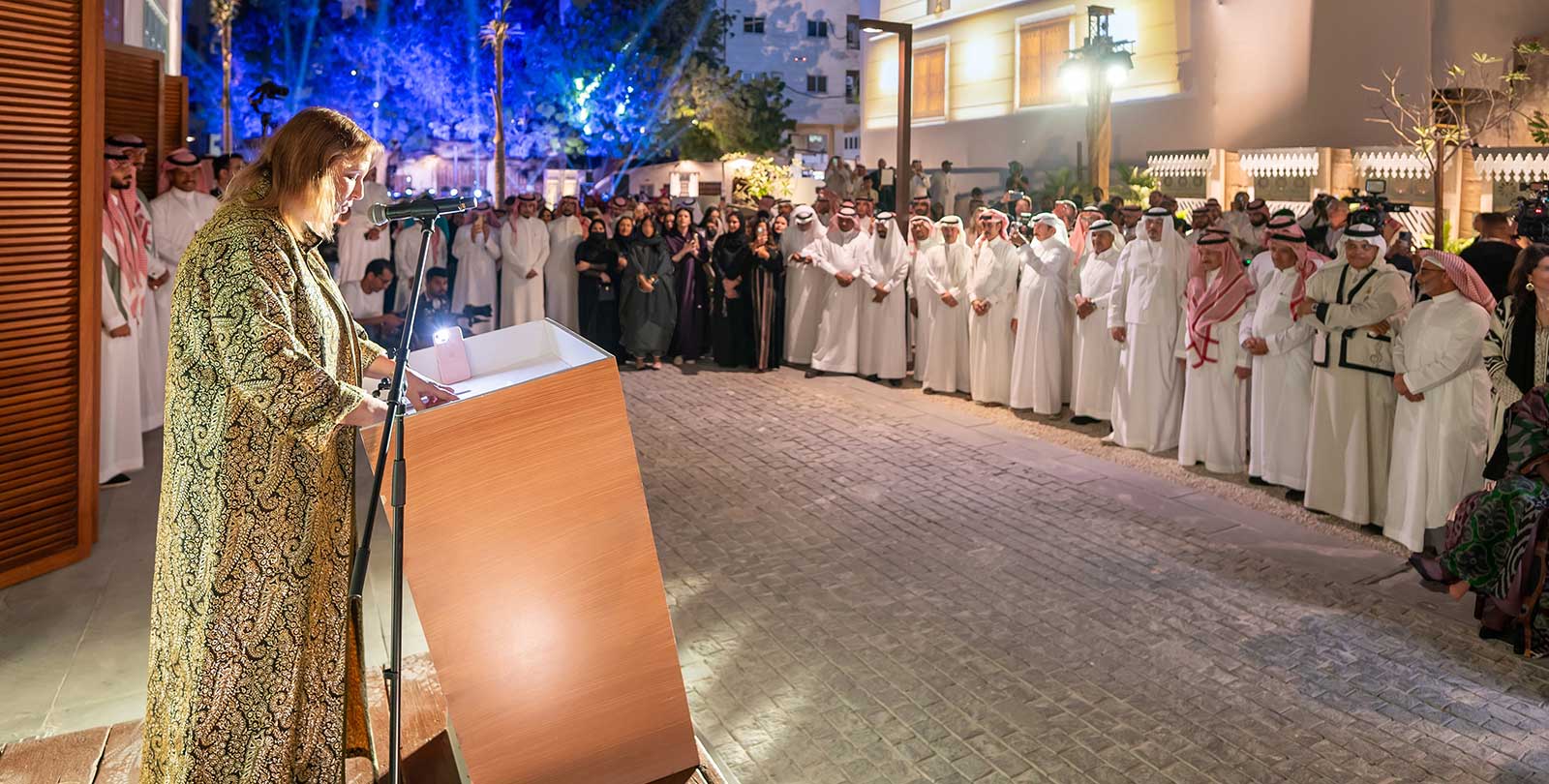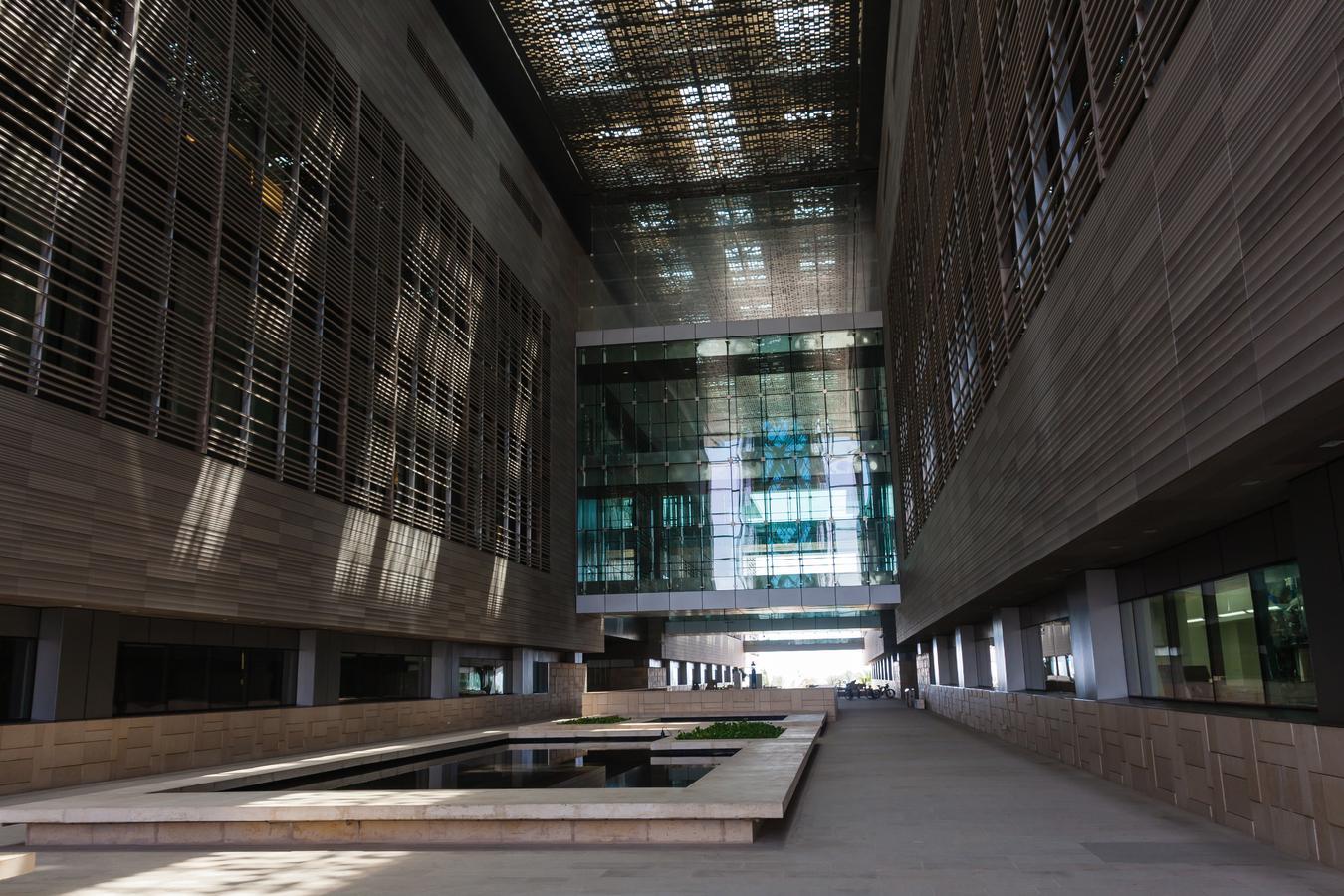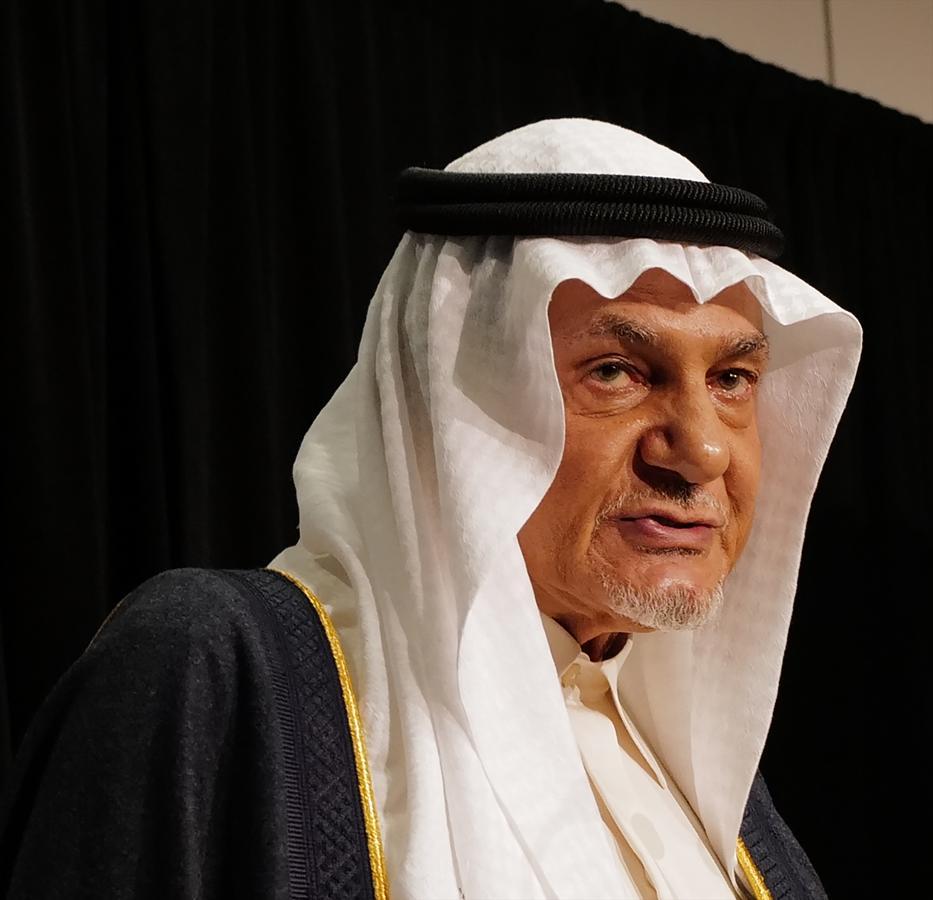If the world’s largest date carnival sounds like something from a travel magazine, the sheer scale of the Buraidah Dates Carnival in Qassim suggests otherwise. Held in early August, the event showcased just how vital dates are becoming to Saudi Arabia’s economy. With 3.5 million kilograms delivered to the carnival and week-one sales exceeding SAR 28 million, it’s clear that dates have transitioned from cultural staple to economic driver.
According to the Ministry of Environment, Water, and Agriculture, Saudi Arabia has achieved a self-sufficiency rate of 124% in date production. This surplus positions dates not just as a household necessity but as a key export commodity, underscoring their potential to diversify the Kingdom’s economy.
Dates: A Cultural Constant in Saudi Life
Like oil, the desert, and camels, dates are synonymous with Saudi Arabia. They are ever-present at weddings, funerals, receptions, or even on flights, often served with Saudi coffee as a gesture of hospitality. For Saudis, they are a steady cultural constant. Whether visiting a friend or heading out for a picnic, dates and coffee are as integral as the desert itself.
In recent years, however, this cultural phenomenon has expanded into an economic one. How did this transformation come about?
The Growth of Date Production
Saudi Arabia’s rapid rise in date production stems from its deliberate focus on agricultural expansion. The Kingdom’s favorable climate made it relatively simple to increase the hectares devoted to date palms. Modern irrigation techniques, supported by government initiatives, have improved both the quality and quantity of dates, helping to achieve the 124% self-sufficiency rate.
The Ministry of Environment, Water, and Agriculture reports that date palm cultivation now covers approximately 165,000 hectares. The Riyadh Region leads with 436,112 tons annually, followed by Qassim with 390,698 tons, Madinah with 263,283 tons, and the Eastern Region with 203,069 tons. Other regions collectively contribute another 73,298 tons—highlighting the geographic diversity of Saudi Arabia’s date production.
Ahmed Al-Saudi, a farmer in the Eastern Region, explained, “The recent improvements in date cultivation techniques have significantly boosted our yields and helped us compete on a larger scale.” This sentiment is echoed by campaign coordinator Fatima Al-Harbi, who leads the Harvest Season initiative. She added, “Our campaign educates consumers about local produce while enhancing financial returns for farmers. It’s not just about selling dates; it’s about celebrating their value.”
Religious and Cultural Importance
Dates hold a profound place in Saudi Arabia’s spiritual and cultural fabric. During Ramadan, breaking the fast with dates follows the Sunnah (traditions) of the Prophet Muhammad (Peace Be Upon Him). The fruit is mentioned multiple times in the Quran, highlighting its symbolic and practical importance.
Today, dates remain a quintessential part of Saudi hospitality. Offering dates with coffee is not just customary; it reflects the generosity and warmth deeply embedded in Saudi culture.
An Ancient Tradition with Modern Roots
The history of date palms in the Arabian Peninsula stretches back 6,000 years, making them one of the oldest cultivated crops. For Bedouins, dates were essential for survival in the harsh desert. Their high sugar content provided energy for nomadic journeys, while their durability made them ideal for long-term storage.
Oasis towns, where date palms flourished, became vital trading hubs, connecting the Arabian Peninsula to Persia and the Levant. Today, Saudi Arabia continues this legacy as a global supplier of dates.
Health Benefits for Modern Consumers
Dates are increasingly celebrated for their health benefits, making them a popular choice among modern, health-conscious consumers. Packed with natural sugars, fiber, and essential nutrients, they provide a quick energy boost while aiding digestion and promoting heart health.
The traditional practice of rubbing mashed dates on a baby’s palate (Al Hankah) is still common in Saudi households. This centuries-old custom, believed to aid a baby’s digestion, exemplifies how dates remain central to Saudi traditions.
Varieties of Saudi Dates
With over 300 varieties, Saudi Arabia offers an impressive diversity of dates. Among the most revered are Ajwa from Madinah, known for their dark texture and deep flavor, and closely tied to Islamic heritage. Sukkari from Qassim are renowned for their sweetness and are a favorite in Saudi households. Khalas from Al-Ahsa are moist and caramel-like, enjoyed across the Kingdom. Safawi, also from Madinah, are similar to Ajwa but more widely available and valued for their rich flavor.
This variety adds to the appeal of Saudi dates both locally and internationally.
Taking Dates to the World
Saudi Arabia’s export strategy has turned dates into a global commodity. The National Center for Palms and Dates reported a 14% increase in exports by 2023, reaching SAR 1.46 billion (USD 390 million). Today, Saudi dates are exported to over 100 countries, with Ajwa and Sukkari varieties leading the charge.
The Kingdom’s 1.6 million tons of annual production, supported by 34 million date palms, has positioned it as the world’s largest date exporter. Approximately 20% of this production now reaches international markets.
A Sweet Symbol of Saudi Modernity
As Saudi Arabia pursues economic diversification, dates offer a unique case study in balancing tradition with innovation. From their deep cultural roots to their expanding global reach, dates represent the Kingdom’s ability to leverage its heritage for modern success.
Efforts to modernize agriculture, increase exports, and promote sustainability have turned dates into more than a cultural staple—they are now a symbol of Saudi Arabia’s evolving economy. Food for thought, indeed.







0 Comments
No comments yet. Be the first to comment!